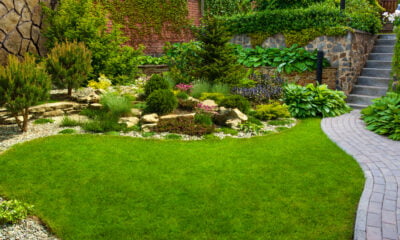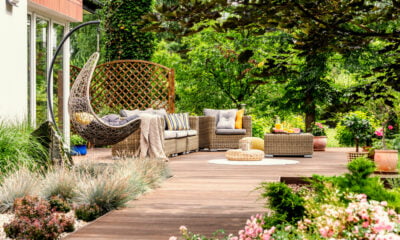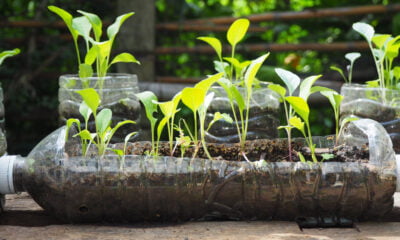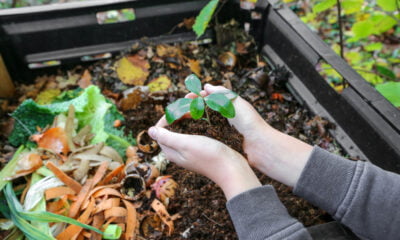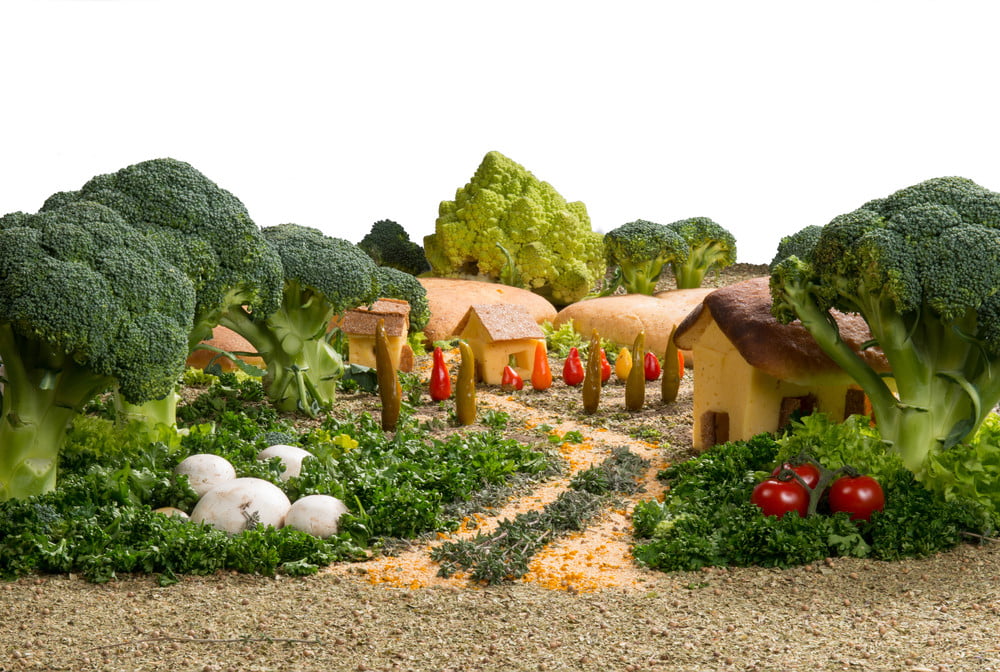
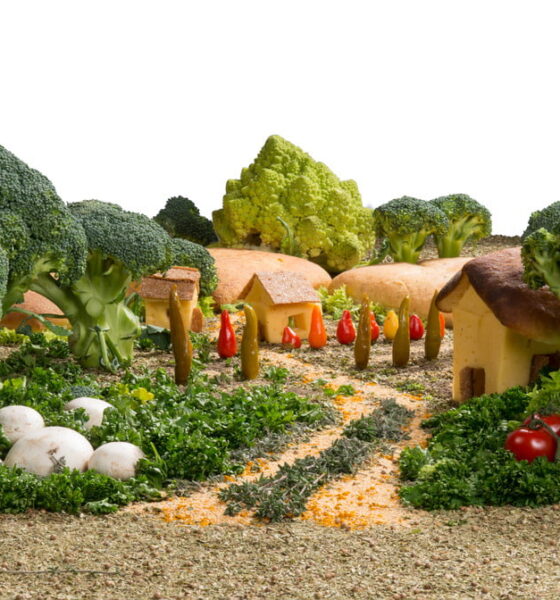
Environment
Five Tips for Planting Your First Eco-Friendly Vegetable Garden
One area of sustainable living that has received a lot of attention is food. While it may seem like a relatively small step, planting your own vegetable garden can provide you with all kinds of healthy organic options that you and your family can enjoy. Organic gardening has become quite the hobby for many homeowners who want to take control of what they eat.
Replacing 20% of the food that you buy from the store with food from your garden can reduce your carbon footprint by 68 pounds of CO2 a year. If you’ve been thinking about planting your own vegetable garden but are afraid you don’t have much of a green thumb, then you’ll want to check out these five tips.
Start with Easy-to-Grow Items
The first tip is to start with items that are relatively easy to grow. There are actually a number of vegetables that require very minimal effort on your part yet will yield some beautiful and tasty results. If you like tomatoes, then this can be an excellent starter item.
Others that are easy to grow and are versatile in terms of cooking are squash and peppers. What’s great about all of these vegetables is that they will keep on growing through the entire season, so you will continually be harvesting your vegetables.
Make Sure You Give More Than Enough Space
When you first plants seeds, or a small vegetable plant, it’s hard to imagine just how big it will get, which can result in planting them too close together. You want to be sure each plant has plenty of room to grow, which means understanding how big they will get. Asking your local garden centre for advice will help you to figure out the spacing.
At the end of the day, the amount of space that you have isn’t necessarily most important. It also matters how well kept your garden is. As Better Homes and Gardens points out, a 10×10′ space that is carefully weeded and trimmed will produce more food than a 25×25′ space that is neglected. Don’t just set aside a plot of land to start growing. Make sure that you are willing to commit to keeping up with it as well.
The Main Needs – Sun, Shade, Water, and Fertilizer
Each plant has its own individual needs when it comes to how much sun, shade, water, and fertiliser (plant food) it needs. By providing its specific needs, you’ll be able to enjoy fuller yields and tastier crops. Again, research will help. Read up on the various vegetables you are interested in making sure to make notes about the important categories.
The biggest mistake that people make is pointing their garden in the wrong direction. They generally expect that they should grow it facing the East to get the most sun. However, if you are growing a garden in the Northern Hemisphere, you will actually want to make sure that your garden is facing the South as this article from the San Francisco Chronicle points out.
Draw Up a Garden Plan
Now that you’ve picked your vegetables and done your research on its needs and space requirements, you can go ahead and draw up a garden plan. This will help you to organise where each plant will go, and it can remind you about what you have planted.
Protect Your Hard Work
After all the work you put into creating your garden and caring for it, you want to be sure it is protected from animals that may also find your items appealing. There are all kinds of ways you can do this, but one that looks very natural is to erect wooden trellis panels. You can find these panels in various designs and sizes, which mean you’ll be able to find ones that match your needs.
By following these tips, you may just discover you do have a green thumb after all, and you’ll have some mouth-watering vegetables to prove it.


 Environment12 months ago
Environment12 months agoAre Polymer Banknotes: an Eco-Friendly Trend or a Groundswell?

 Features11 months ago
Features11 months agoEco-Friendly Cryptocurrencies: Sustainable Investment Choices

 Features12 months ago
Features12 months agoEco-Friendly Crypto Traders Must Find the Right Exchange

 Energy11 months ago
Energy11 months agoThe Growing Role of Solar Panels in Ireland’s Energy Future
